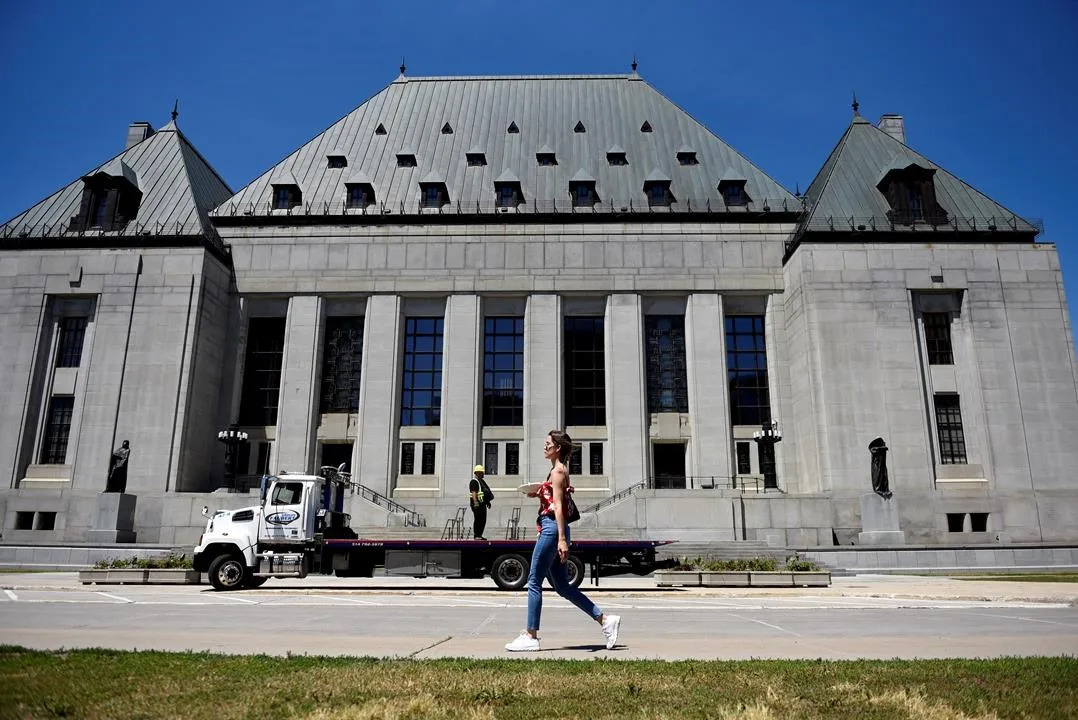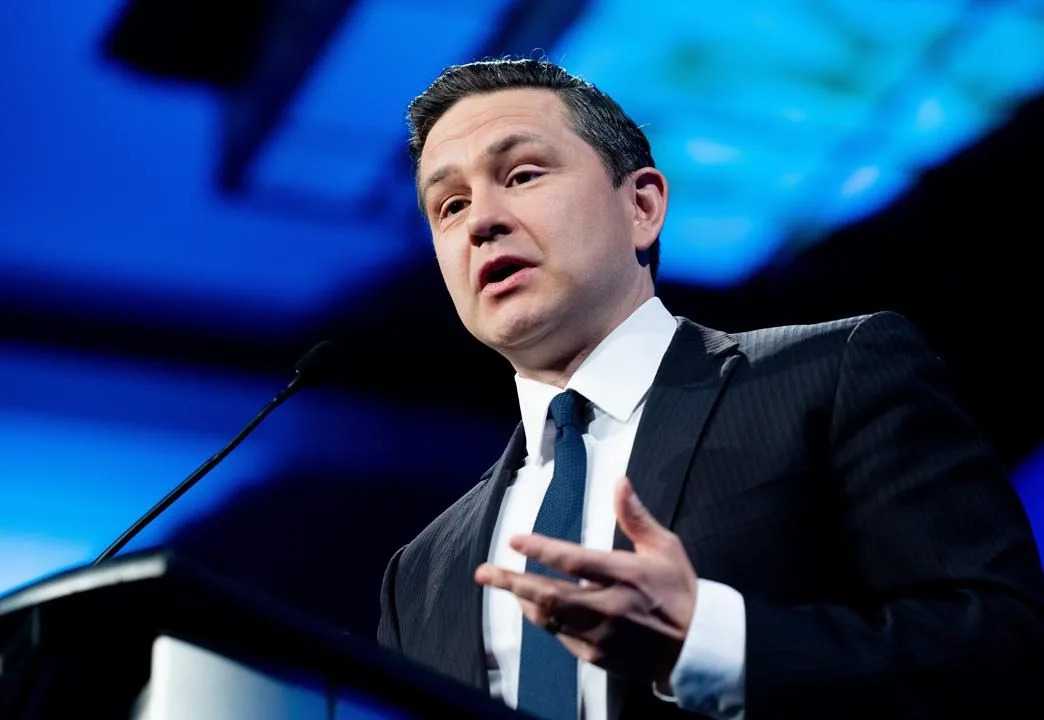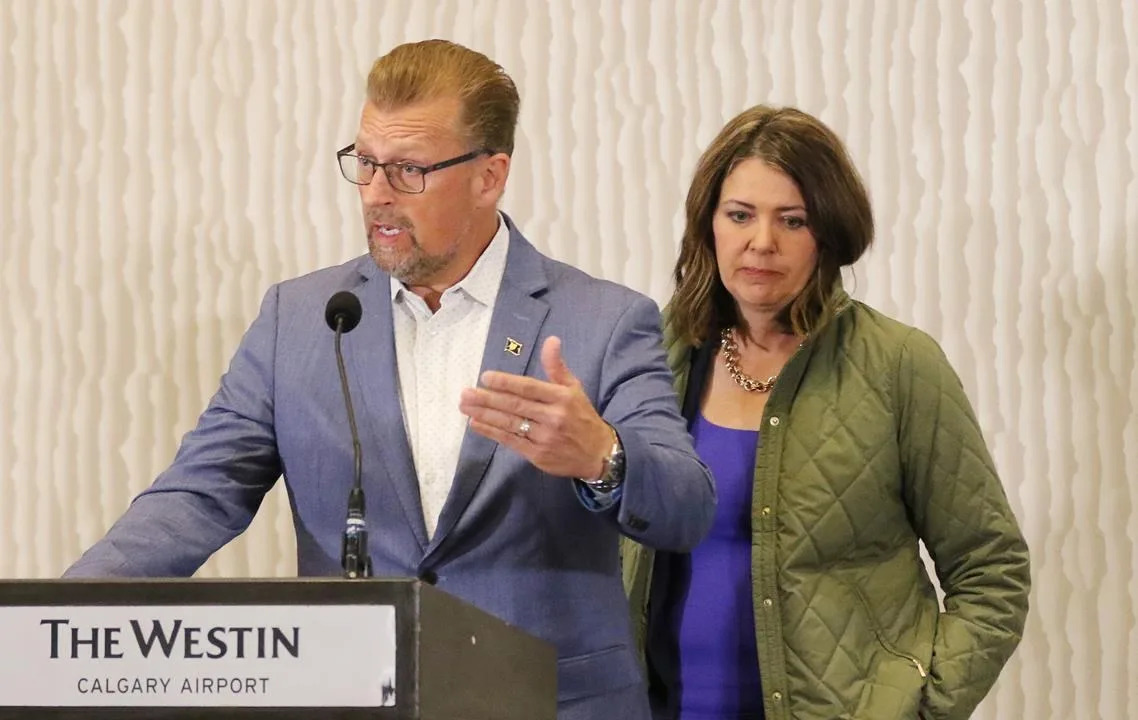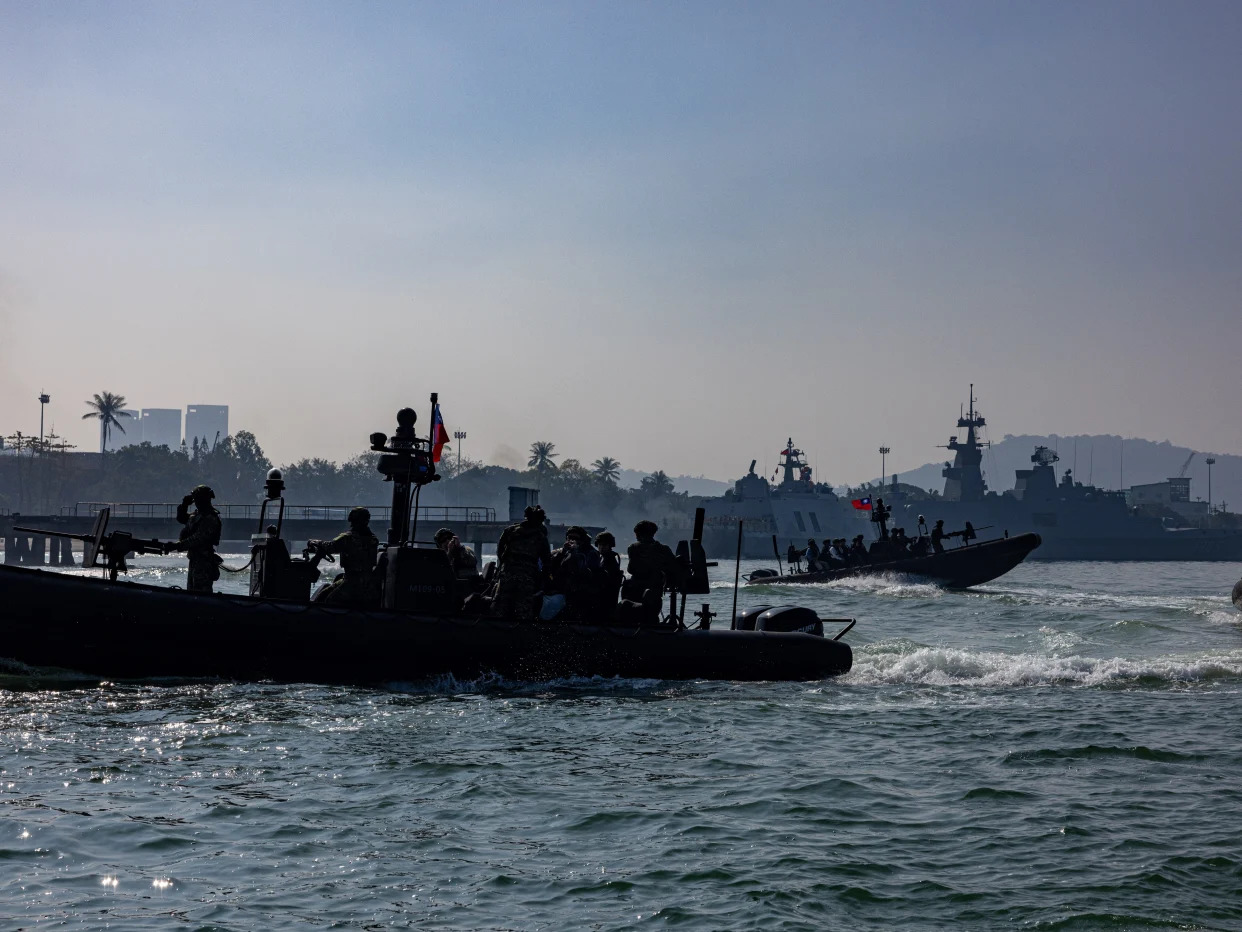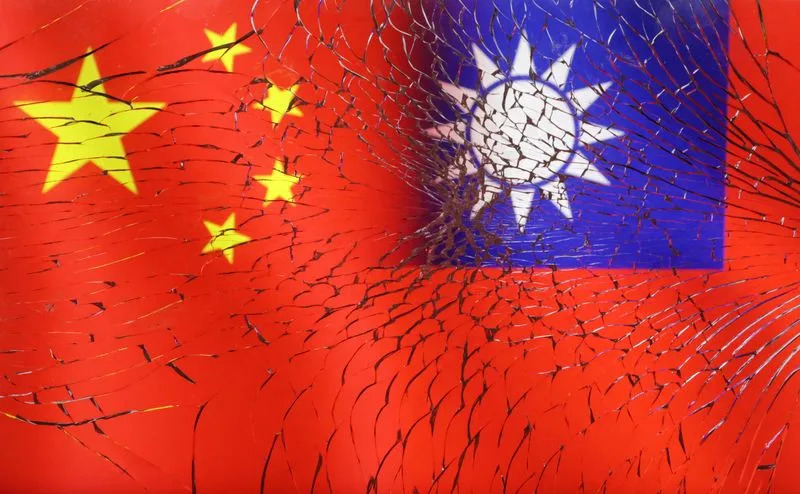The Canadian Press
Thu, May 16, 2024
OTTAWA — Canada is providing $40 million to help Palestinians in the Gaza Strip amid concern over what it calls a catastrophic humanitarian situation, worsened by an Israeli ground offensive in Rafah.
Ottawa says the funding will support the provision of food, water, emergency medical assistance, protection services and other life-saving assistance in the region.
The money will go to the United Nations Relief and Works Agency for Palestinian refugees, known as UNRWA, as well as trusted partners in the region including the Canadian Red Cross and other Canadian non-governmental organizations.
The government says Canada’s funding has also helped establish an International Committee of the Red Cross field hospital in Rafah.
The hospital is being supported by the Canadian Red Cross with surgical equipment, medicine and supplies, diagnostic equipment, disinfection materials and personnel.
The need for humanitarian aid has become more dire in the last week following a ground offensive in Rafah by Israel, which said it must invade to dismantle Hamas and return hostages.
"Because of our extreme concern about the dire humanitarian situation in Gaza, we not only have to step up assistance, but we've also been relentless in our efforts to get more humanitarian aid in," International Development Minister Ahmed Hussen said in an interview.
The $40 million is in addition to a $25-million payment Ottawa recently delivered to UNRWA as part of a multi-year commitment to help Palestinian refugees in the region, including those living in Jordan, Syria, Lebanon and the West Bank.
Canada temporarily suspended funding to the agency in January after Israel alleged some UNRWA employees participated in the Oct. 7 attack on southern Israel, when Hamas and other Palestinian militants killed about 1,200 people and seized some 250 as hostages. The attack sparked the Israel-Hamas war, which Gaza's Hamas-run Health Ministry says has killed more than 35,000 Palestinians, including combatants.
Canada lifted that suspension in March.
UN investigators are looking into allegations against 14 of the 19 staffers.
A separate review of UNRWA’s neutrality said last month that Israel had never before expressed concerns about anyone on the staff lists that UNRWA had given Israel every year since 2011.
The report said UNRWA has "robust" procedures to uphold the UN principle of neutrality, but cited serious gaps in implementation, including staff publicly expressing political views, textbooks with "problematic content" in schools the agency runs and staff unions disrupting operations. It made 50 recommendations to improve UNRWA's neutrality.
Canada helped with the report led by former French foreign minister Catherine Colonna, said Hussen.
He said he accepts the report's recommendations and continues to uphold the organization as the "backbone" of aid in the territory.
"UNRWA's network, presence, expertise and logistics, and ability to provide direct support to Palestinians inside Gaza, is unmatched," he said.
"Other organizations also use their network and their connections to reach vulnerable populations inside Gaza, and that's why we're supporting them, because they're very effective."
This report by The Canadian Press was first published May 16, 2024.
— With files from The Associated Press
Mickey Djuric, The Canadian Press



